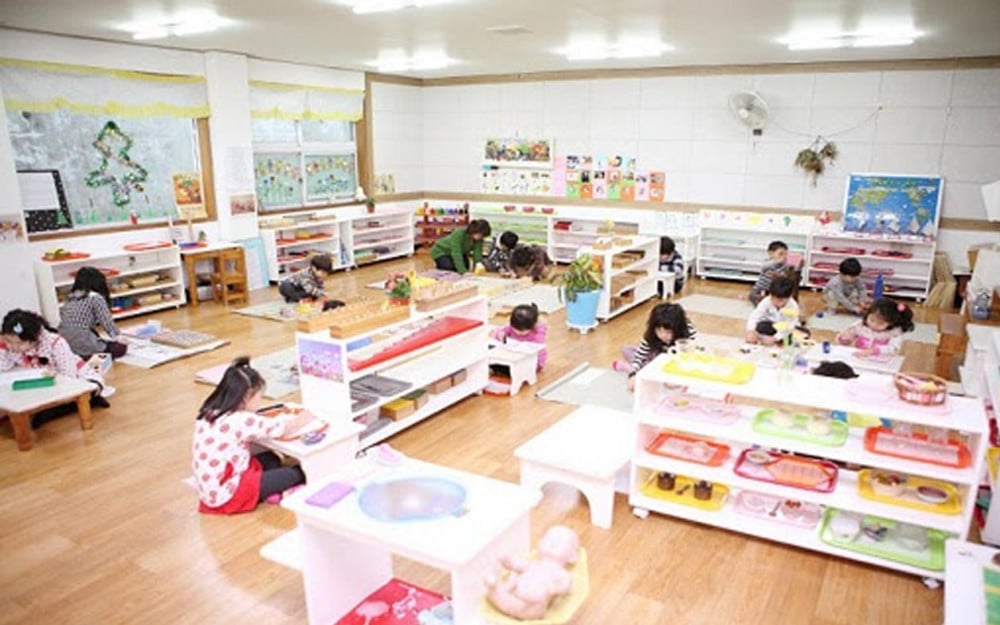
A recent report indicates that South Korea's rapidly declining birthrate is expected to lead to the closure of approximately one-third of the nation's daycare centers and kindergartens by 2028.
A January 30 report by The Korea Times, based on data from the Korea Institute of Child Care and Education, highlights a significant decrease in the number of nurseries and kindergartens across South Korea. From 2018 to 2022, the total number of nurseries dropped by 21.1%, from 39,171 to 30,923. Kindergartens also saw a decrease of 5.1%, going from 9,021 to 8,562.
This trend is primarily attributed to the falling number of young children (newborn to five years old) in the country, a situation that's expected to worsen. Statistics Korea’s estimates suggest a continuing decline, with the fertility rate in 2023 projected at just 0.72 babies per woman. The number of children under the age of one is expected to dip below 200,000 by 2026.
Enrollment in daycare centers is also declining. From 2018 to 2022, it fell from over 1.41 million to 1.09 million. Kindergarten enrollment dropped by 18.2%, from 675,998 to 552,812 during the same period.
Looking ahead, the report predicts a sharp reduction in the number of daycare centers and kindergartens by 2028, potentially closing around 12,416 institutions (31.8% of the total). This will affect the larger cities like Busan, Seoul, Daegu, and Incheon, with projected decreases ranging from 34% to 39.4%.
If the trend continues, it warns of potential childcare infrastructure shortages, especially in less populated areas. This could lead to challenges in providing sufficient childcare in rural regions.
To combat this, the report suggests supporting childcare services, especially in areas with declining populations. It proposes financial aid for institutions at risk of closing, designating essential childcare centers in vulnerable areas, and repurposing vacant spaces like schools and community centers for childcare. The deployment of childcare professionals to these areas is also recommended to strengthen services.
 SHARE
SHARE










































I love how the government is expecting people to keep up the infrastructure while they can't be bothered to help improve the quality of life for young people so that the birth rates go up
2 more replies